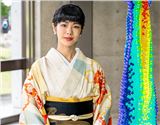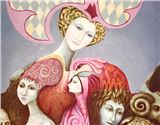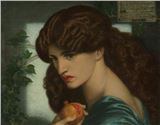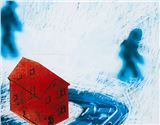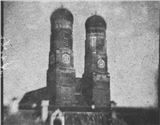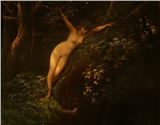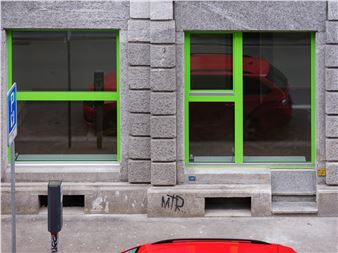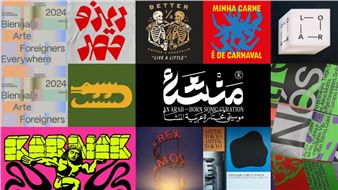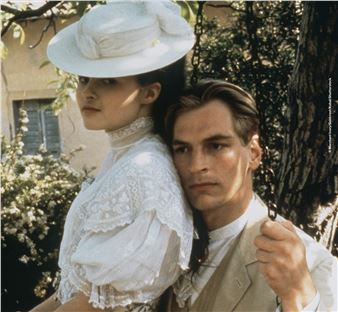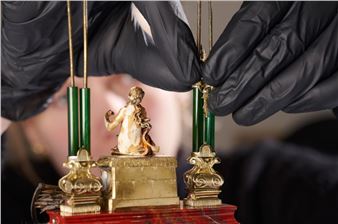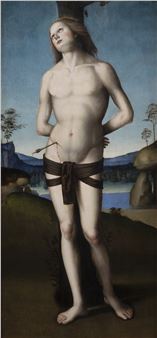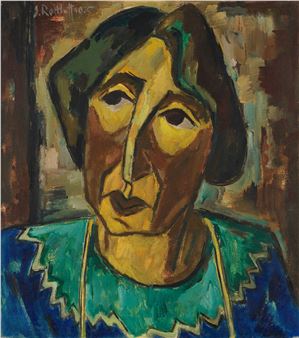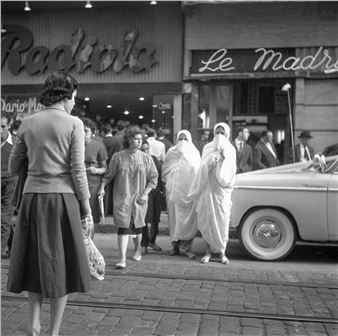I DonÔÇÖt Work On Weekends
In the exhibition, I DONÔÇÖT WORK ON WEEKENDS, the participating artists critically examine the concept of work and their own working conditions. The exhibition takes its starting point in the art and culture industry, but the examination of work structures and their social recognition and importance goes far beyond this sector ÔÇô it is both historically and internationally situated and is public and intimate in equal measure. The project not only questions how work and its supposed productivity are socially valued, but also what possibilities and strategies for setting boundaries exist. It is not about the moment of refusing to work, but about the possibility of escaping a compulsion to produce and being able to make a voluntary decision, for example, not to work on weekends:
I donÔÇÖt work on weekends.
The exhibition primarily examines and proposes solidarity-based cooperation and unity within the cultural sector, so that advocacy for better working conditions, regulated working hours, fair pay and social security doesnÔÇÖt end in isolation. Collective formation and exchange are just as important here as transparency within oneÔÇÖs own working conditions and structures, as well as the articulation of these also within the public realm. I DONÔÇÖT WORK ON WEEKENDS brings together artists and cultural workers with different backgrounds and experiences. What all participants have in common is that they critically examine their own working conditions as well as the cultural industry, and, in doing so, are critical of both institutions and themselves. The exhibition is thus a contribution to an urgent topic that needs to be discussed further and, above all, together.
In cooperation with the Art History Department of the University of G├Âttingen, students will develop their own thematic contributions over the course of the exhibition.

Recommended for you
In the exhibition, I DONÔÇÖT WORK ON WEEKENDS, the participating artists critically examine the concept of work and their own working conditions. The exhibition takes its starting point in the art and culture industry, but the examination of work structures and their social recognition and importance goes far beyond this sector ÔÇô it is both historically and internationally situated and is public and intimate in equal measure. The project not only questions how work and its supposed productivity are socially valued, but also what possibilities and strategies for setting boundaries exist. It is not about the moment of refusing to work, but about the possibility of escaping a compulsion to produce and being able to make a voluntary decision, for example, not to work on weekends:
I donÔÇÖt work on weekends.
The exhibition primarily examines and proposes solidarity-based cooperation and unity within the cultural sector, so that advocacy for better working conditions, regulated working hours, fair pay and social security doesnÔÇÖt end in isolation. Collective formation and exchange are just as important here as transparency within oneÔÇÖs own working conditions and structures, as well as the articulation of these also within the public realm. I DONÔÇÖT WORK ON WEEKENDS brings together artists and cultural workers with different backgrounds and experiences. What all participants have in common is that they critically examine their own working conditions as well as the cultural industry, and, in doing so, are critical of both institutions and themselves. The exhibition is thus a contribution to an urgent topic that needs to be discussed further and, above all, together.
In cooperation with the Art History Department of the University of G├Âttingen, students will develop their own thematic contributions over the course of the exhibition.

 ARTISTS
ARTISTS
